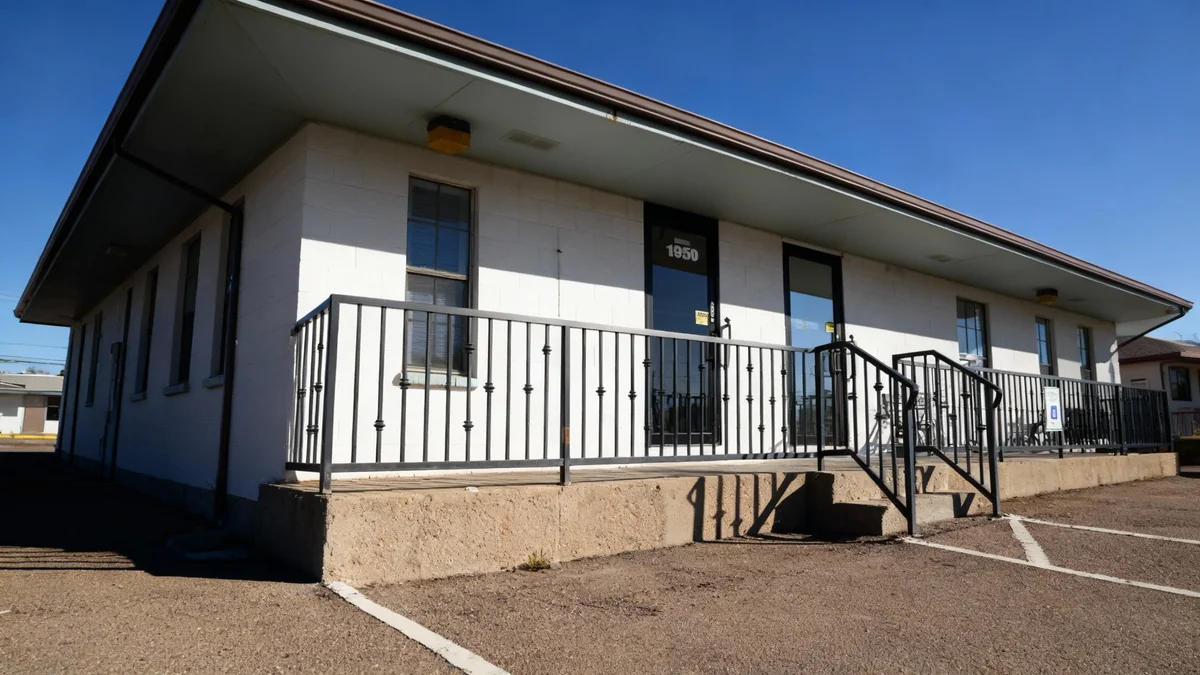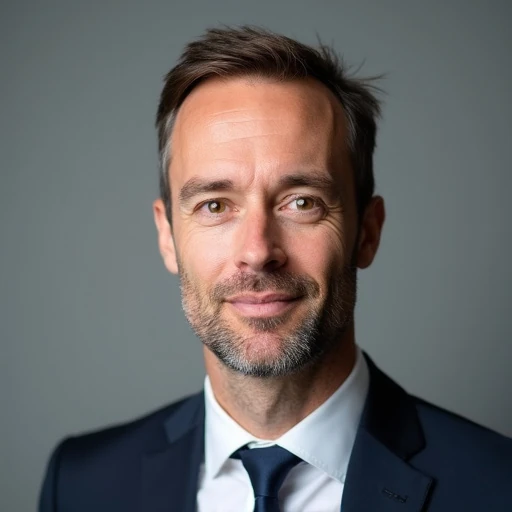A new elementary school in Pueblo is at the center of a constitutional showdown between local school organizers and the Colorado Department of Education. Riverstone Academy, described by its founders as Colorado’s “first public Christian school,” opened its doors in August and now plans to seek state funding, a move that education officials argue violates the separation of church and state.
The K-5 school, which serves over 30 students, is operated by the nonprofit Forging Education and authorized by Education ReEnvisioned BOCES. The impending request for taxpayer dollars has set the stage for a legal battle that could redefine the boundaries of public education and religious instruction in the state.
Key Takeaways
- Riverstone Academy, a new K-5 school in Pueblo, uses a Christian-based curriculum and intends to apply for public funding.
- The Colorado Department of Education has warned that funding a religious school would violate both the state and U.S. Constitutions.
- School organizers cite recent U.S. Supreme Court decisions, arguing that denying funds based on religious status is discriminatory.
- The dispute has also caused a divide among local school board members in School District 49.
A Constitutional Crossroads in Education
Riverstone Academy, located at 1950 Aspen Circle, began its first school year on August 11. It is run by Forging Education, a nonprofit that operates a network of religious private schools and homeschool programs. The organization’s website states its mission is to counter a public school system it views as hostile to Christian faith.
The school is authorized by Education ReEnvisioned BOCES, a Board of Cooperative Educational Service. Its executive director, Ken Witt, is leading the charge for public funding. In a formal communication with the Colorado Department of Education (CDE), Witt asserted that denying the school funds would be unconstitutional.
“The U.S. Constitution prohibits discrimination against Riverstone solely on account of its religious affiliation as such exclusion from a generally available governmental benefit would be unconstitutional,” Witt wrote.
Witt points to recent U.S. Supreme Court rulings to support his position, specifically the 2020 decision in Espinoza v. Montana Dept. of Revenue. That case determined that states cannot exclude religious schools from private school choice programs simply because they are religious.
What is a BOCES?
A Board of Cooperative Educational Services (BOCES) is a public organization created by the Colorado legislature to provide shared educational programs and services to multiple school districts. As public entities, they are bound by the same constitutional requirements as school districts.
State Officials Raise Red Flags
The CDE has taken a firm stance against the school’s eligibility for public money. In an October 10 letter, Jennifer Okes, a special advisor for the department, reminded the BOCES and School District 49 that public schools are required to be nonsectarian—not affiliated with any specific religion.
Okes argued that since the BOCES is a public entity, any school it operates or authorizes must adhere to this principle. Funding Riverstone, which uses Christian-based curriculum from publishers like Masterbooks and Berean Builders, would cross a clear constitutional line.
Quin Friberg, the executive director of both Riverstone Academy and Forging Education, described the school's mission as providing an education that incorporates faith and character development. “Parents should have the right to send their kids to a wider variety of options than we have right now,” Friberg stated, highlighting the goal of expanding educational choice for families in the community.
The “Contract School” Model
Organizers refer to Riverstone as a “contract school,” a model where the BOCES contracts with a private organization to operate the school. The CDE has questioned the legal basis for this model, noting that the term “contract school” is not defined in state law, raising further questions about its legitimacy and funding eligibility.
Divisions Emerge at the Local Level
The controversy has also sparked debate within the leadership of School District 49, a member of the Education ReEnvisioned BOCES. During an October 9 board meeting, members expressed sharply conflicting views on the matter.
Board Treasurer Mike Heil voiced strong opposition, warning about the potential for “eroding that separation of church and state.” He later emphasized his belief that funding the school would be a clear violation of the First Amendment's Establishment Clause.
“My understanding is rooted in eighth grade social studies that says that the establishment clause of the First Amendment of the Constitution was explained by Thomas Jefferson as creating a wall of separation of church and state,” Heil explained.
In contrast, Board President Lori Thompson countered that the phrase “separation of church and state is not contained in the United States Constitution.”
Historical Precedent and Modern Law
Board Vice President Jamilynn D’Avola invoked historical practices to support the idea of faith in public education. She noted that before the 1960s, prayer and Bible teachings were common in public schools that received state funding.
“Every school promoted the values of the Ten Commandments and the Bible,” D’Avola said. “And they were funded. So there you go.”
However, this historical practice was ended by a series of U.S. Supreme Court decisions, beginning with Engel v. Vitale in 1962, which ruled that mandatory prayer in public schools was unconstitutional. These landmark cases established the modern legal framework that separates religious instruction from publicly funded education.
As Riverstone Academy prepares its official request for funding, both sides are digging in for a legal and philosophical battle that will be closely watched across Colorado and the nation. The outcome could set a significant precedent for the future of school choice and the definition of public education.





